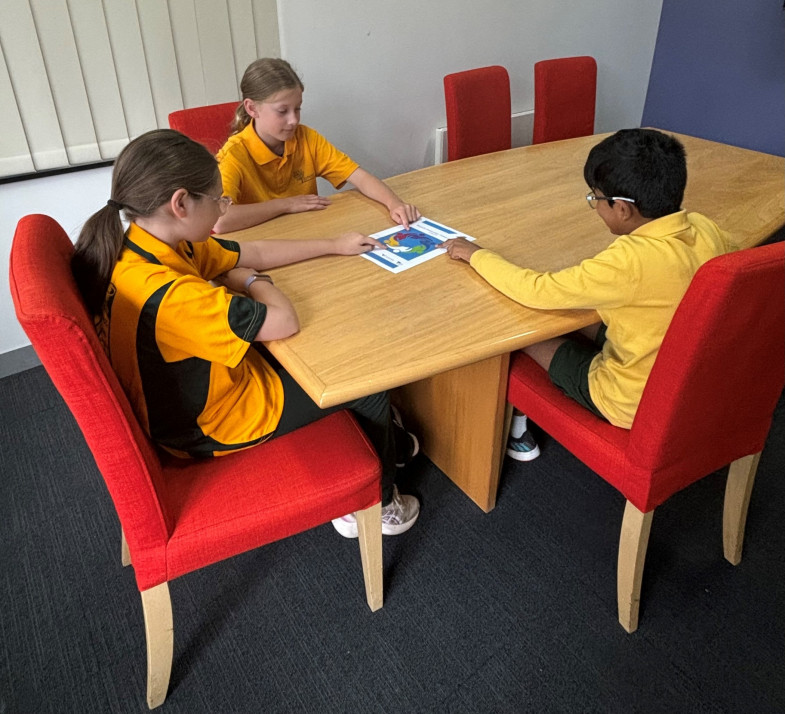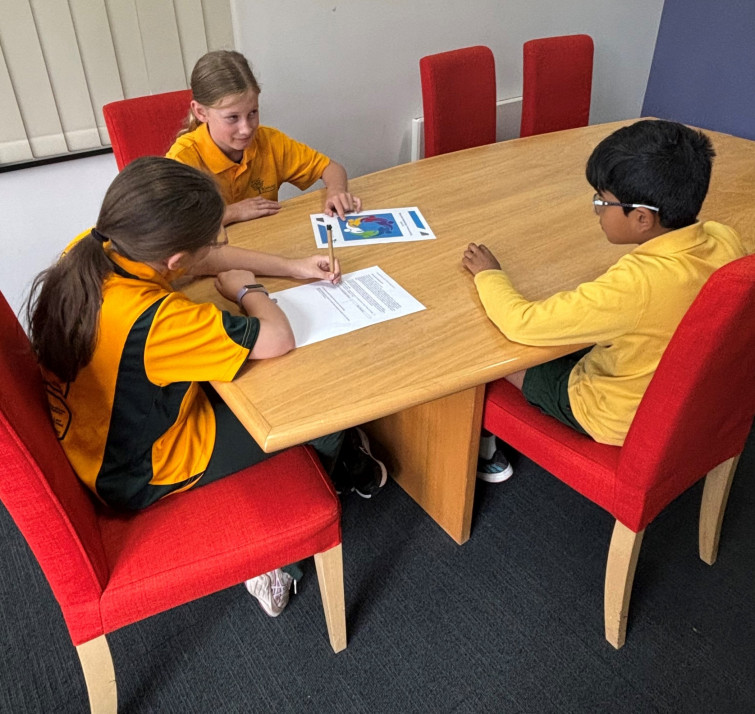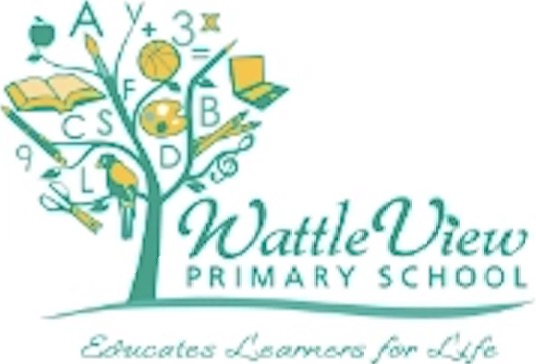Resilience, Rights and Respectful Relationships Program
In 2016 Respectful Relationships (RR) education became a core component of the Victorian curriculum. The program was developed after the Royal Commission into the tragic death of Luke Batty in 2014. It was a recommendation from the Royal Commission that all schools use Respectful Relationships to support students to recognise and regulate emotions, develop empathy for others and establish and build a framework for positive relationships.
The Resilience, Rights and Respectful Relationships teaching and learning materials have been developed to support schools to deliver the curriculum and are mandated to be taught in all Victorian government schools by 2021.
At Wattle View Primary School we want our children to have an education that gives them the best start to a happy, healthy and prosperous life. This approach leads to positive change in students’ academic outcomes, their wellbeing, classroom behaviour, and relationships between teachers and students. We know that changes in attitudes and behaviours can be achieved when positive attitudes, behaviours and gender equality are lived across the school community. Together, we can lead the way in creating genuine and lasting change so every child has the opportunity to achieve their full potential.
The classroom program will focus on 8 key areas:
- Emotional Literacy: This helps students develop the ability to be aware of, understand and use vocabulary about the emotional states of themselves and others with competence.
- Personal & Cultural Strengths: Students develop a vocabulary to help them recognise and understand strengths and positive qualities in themselves and others. They identify the values and strengths they have learnt from role models within their families and culture to think about how this guidance helps them to treat others with respect. They consider how to draw on these strengths to engage with the challenges and opportunities that life presents.
- Positive Coping: Students develop language around coping, critically reflect on their coping strategies and extend their repertoire of positive coping strategies.
- Problem-solving: Students learn a range of problem-solving techniques that can be applied when confronting personal, social and ethical dilemmas. They engage in applied learning tasks in which they apply their problem-solving skills to be realistic.
- Stress management: This teaches students to learn a range of problem-solving skills through applied learning tasks, so that they are able to cope with challenges as they arise.
- Help-seeking: Help seeking is a coping strategy that involves seeking technical, instrumental, social or emotional support from other people.
- Gender Norms & Stereotypes: Students consider the influence of gender norms on attitudes, opportunities and behaviour. They learn about gender equality, inclusion, human rights and the importance of relationships that respect people of all genders.
- Positive Gender Relations: Students develop an understanding that verbal, physical, emotional, financial and sexual forms of violence are harmful, and that these forms of violence can also be gendered. They learn about safe and unsafe behaviours, consent and their rights to bodily autonomy. They practice strategies they can use to assert their rights to bodily autonomy to be free from coercion or violence. They develop self-care, peer support, peer referral and help-seeking skills that they can use in response to situations involving gender-based violence within family, peer, school, community or online relationships.
Respectful Relationships takes a whole-school approach, recognising that schools are a place of learning, a workplace and a key part of local communities. It embeds a culture of respect and equality across our entire school community, from our classrooms to staffrooms, sporting fields, fetes and social events.
Our students will be participating in RR lessons on a weekly or fortnightly basis within their classrooms or across their level.



